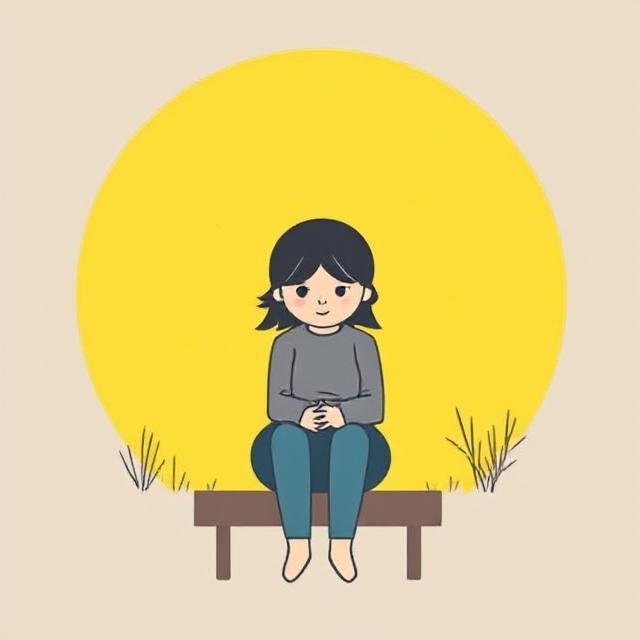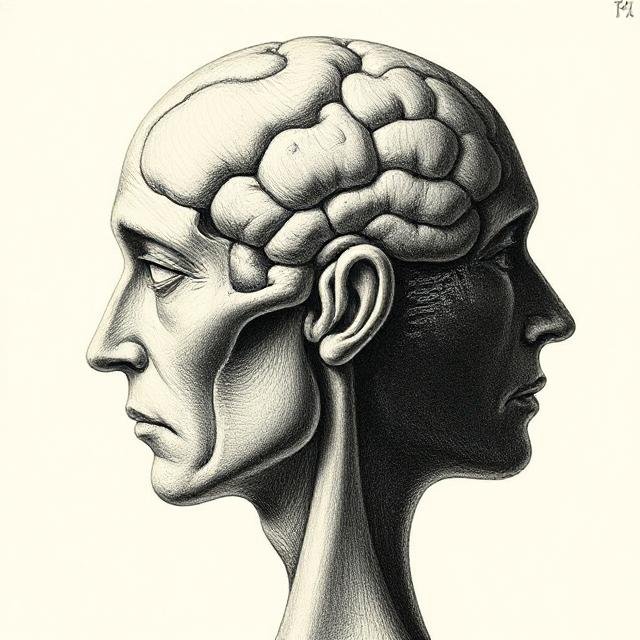What Is Beginner’s Mind?
“Beginner’s Mind,” or Shoshin in Zen Buddhism, refers to approaching each moment with curiosity, openness, and a lack of preconceptions. Instead of assuming we already know, we remain willing to see things as new.
Characteristics of beginner’s mind include:
- Curiosity without judgment
- Flexibility and adaptability
- Fresh perspectives even in familiar situations
- Releasing rigid expectations
This mindset fosters creativity, deeper learning, and emotional resilience.
Why Cultivate Beginner’s Mind in 2025
Modern life moves fast, and our brains crave shortcuts. While helpful in some ways, mental autopilot can:
- Cause us to overlook small details
- Increase stress when expectations go unmet
- Stifle creativity
- Fuel rigid thinking and bias
Cultivating beginner’s mind can:
- Reduce chronic stress
- Improve relationships through better listening and empathy
- Encourage innovative problem-solving
- Boost mental health by interrupting repetitive negative thinking
In 2025, researchers emphasize beginner’s mind as a vital tool for adapting to rapid technological and cultural change.
How Meditation Helps Develop Beginner’s Mind
Meditation trains the brain to pause automatic reactions. Practices supporting beginner’s mind include:
- Mindfulness of breath or body sensations
- Observing thoughts as passing events rather than facts
- Letting go of labels and judgments
- Cultivating curiosity in each moment
Studies show that regular mindfulness meditation increases:
- Cognitive flexibility
- Openness to new ideas
- Emotional regulation
Meditation also reduces activity in the brain’s default mode network, which is linked to habitual thinking and rumination.
About This 30-Minute Video Meditation
This video meditation is crafted to help you step into each moment with fresh awareness.
During the 30-minute session, you’ll experience:
- Gentle breath awareness to anchor you
- Guided instructions for noticing thoughts without labels
- Visualizations to release old expectations
- Pauses for silent reflection
- Reminders to greet each moment as new
The session is designed for:
- Beginners wanting to build mental flexibility
- Experienced meditators seeking to deepen practice
- Anyone feeling stuck in repetitive patterns
It’s suitable for daily use or as a weekly practice for mental reset.
Benefits of Practicing Beginner’s Mind
Practicing beginner’s mind regularly can:
- Enhance problem-solving by seeing issues from new angles
- Lower stress through reduced judgment and expectation
- Strengthen relationships by improving presence and listening skills
- Spark greater joy and curiosity in daily life
- Help break unhelpful mental habits
In workplace settings, beginner’s mind has been shown to boost creativity and collaboration.
Tips for Your Meditation Session
To make the most of your 30-minute meditation:
- Choose a quiet space where you won’t be disturbed
- Sit comfortably or lie down if preferred
- Silence your devices or put them in airplane mode
- Approach the session with openness rather than expectation
- Remember: If your mind wanders, gently return to the guide’s voice or your breath
Meditation is not about perfection—it’s about showing up with curiosity.













